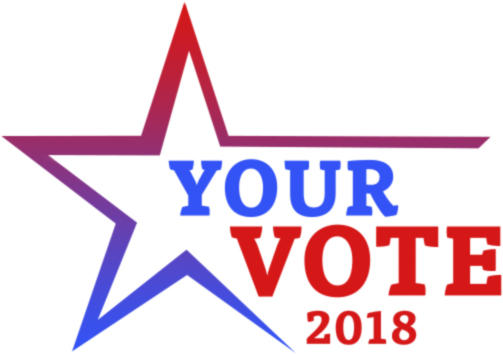There are three other candidates in this race and many of them are promoting similar ideas. What specific proposal makes you different than your primary opponents?

I am the only candidate with 20 years of military experience, and the only candidate to serve on the budget-writing Appropriations Committee. My leadership experience has forced Democrats to work with Gov. Paul LePage for income tax cuts, education reform and other policies, resulting in Maine having the lowest unemployment rate in Maine history.

I’ve always believed that you catch a lot more flies with honey than you do with vinegar. I believe that debate is good for agreement, because through rigorous discourse comes results. During my time in the Legislature, I’ve always worked to create relationships with everyone regardless of party or point of view. The Legislature is where the governor’s agenda becomes reality. As a member of legislative leadership, I have shown that I can work with both the House and the Senate to get as much of my agenda accomplished as possible. Our state will benefit from a governor who already has strong relationships in the legislative branch. The first task of any governor is the budget, which is due within weeks of taking office. The ability to be ready on Day 1 is imperative if we want to continue moving Maine forward. With my experience and knowledge of how the Legislature works, I believe I am best positioned to not only put forward policies, but turn them into law.
One specific proposal of importance is Maine’s income tax. One of my opponents does not believe we can eliminate the income tax and the other two believe we can, but have no real plan on how to do it. Understanding the budgeting process and recognizing the surpluses our state has seen, I can put forward budgets that move us in that direction, and yes, I truly believe there is a path to a zero percent income tax within my first term.

I’m battle tested with proven results. It’s very easy to get in front of a microphone and talk about your conservative beliefs, but I actually have a track record of putting conservative ideas into action for nearly seven years. Working with Gov. Paul LePage, I helped to end the decades of out-of-control spending of taxpayer money at DHHS, to prioritize the needs of our elderly and disabled, to create a more effective pathway out of poverty through work and to restore program integrity by attacking fraud and abuse in welfare.

I am the only candidate in this race with over 40 years of executive experience as a job creator in Maine. In addition to having a strong education system at the K-12 and university level, one of the keys to Maine’s success is ensuring we have the workforce our blue-collar small businesses need to expand. We must focus on making Maine’s career and technical education system the best in the nation, so we can provide good-paying wages to those who need jobs. The best way for someone to avoid welfare and a cycle of dependency is a job. I would require every vocational instructor to spend two weeks a year working at a "best in class" business to ensure that they know the practical application of their instruction.
